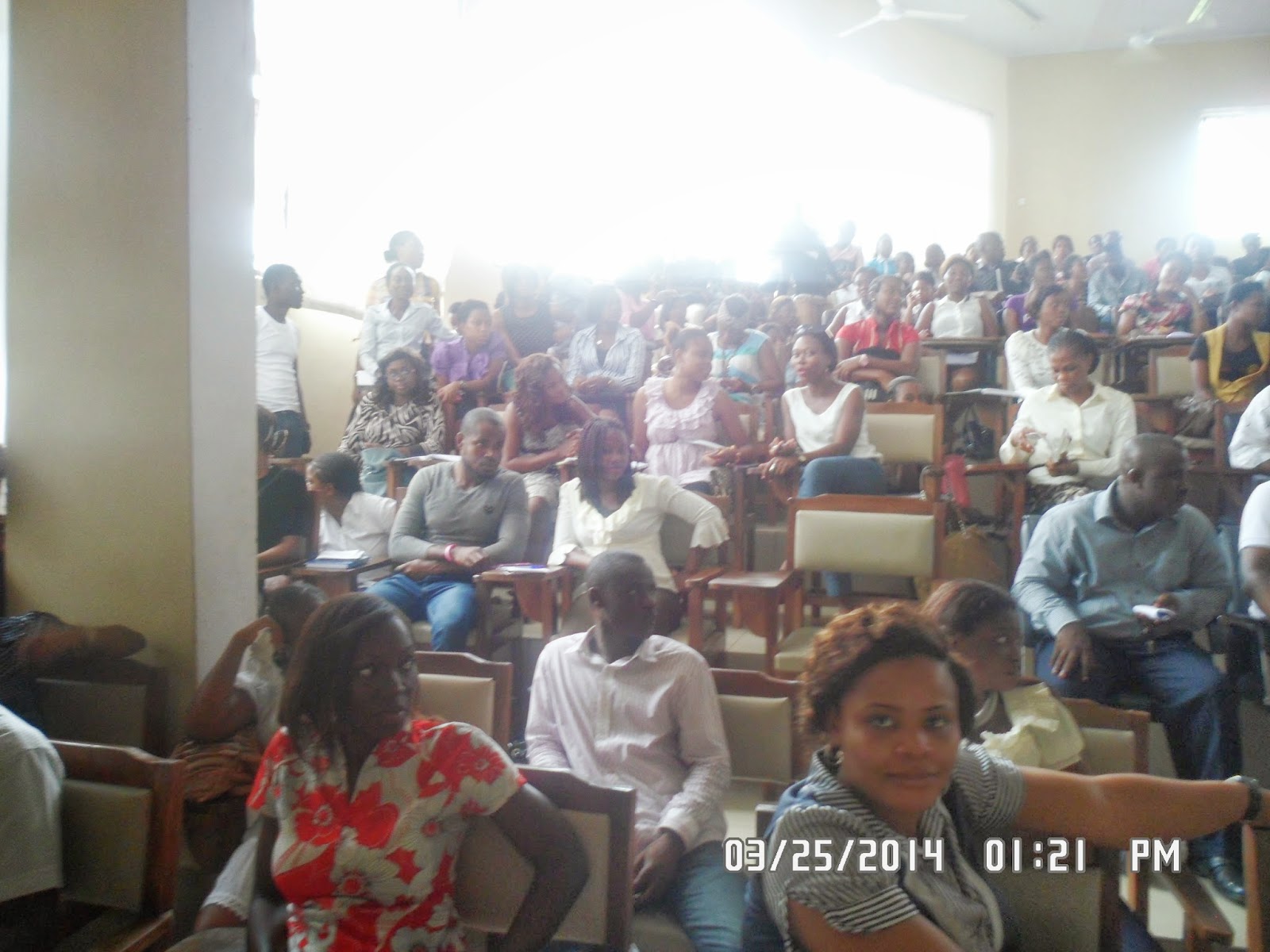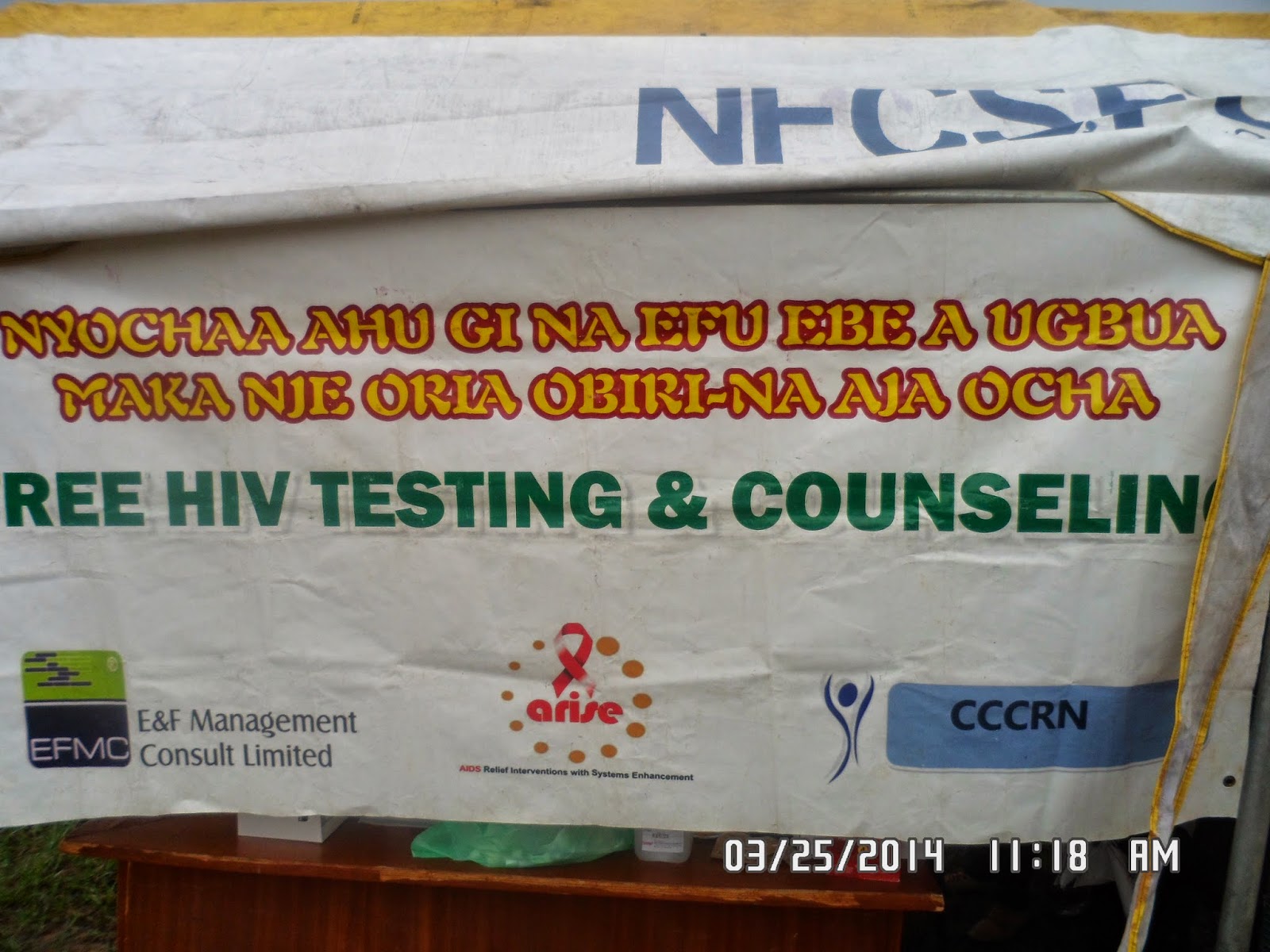The Permanent Secretary, Federal Ministry of Environment,
The Chairman of the Council,
Members of the Council,
Directors here present,
Gentlemen of the Press,
Distinguished Ladies and Gentlemen
I am very happy and grateful to God to be here today to inaugurate the
Environmental Health Officers Registration Council of Nigeria on behalf of the President
and Commander in Chief of the Armed Forces of the Federal Republic of Nigeria, Dr.
Goodluck Ebele Jonathan, GCFR, who is authorized by the enabling Act to establish this
Council.
2. This inauguration is the third in the life of this Council having been established for
the first time in 2004. This inauguration is coming at a time when the improvement in
various components of Environmental Health is of utmost public concern due mainly to the
abysmal situation of such in public concerns in such areas like waste management, global
warming and climate change, poverty alleviation, and general environmental protection.
3. The present administration is determined to improve the environmental quality of
all facets of the country to assuage public concerns. The Environmental Health Officer
(Sanitary Inspector) therefore as the officer on the frontline of this battle for
environmental protection must be re-established by government to meet this need.
4. The Profession of Environmental Health, I am aware has a long and enviable
history, having started during the agricultural and industrial revolution of 1750-1900 in
Great Britain. The practice of the profession which was introduced into Nigeria by the
colonial government due to their determination to ensure a safe environment for the
colonial government proved its usefulness. The impact of your predecessors manifested in
the eradication of some of the major communicable diseases of the 1950’s and 60’s such as
Yaws, Plague and Small Pox and these efforts were well appreciated by the Nigerian
people. Other communicable diseases spread by filthy environment such as cholera,
Malaria, typhoid etc were equally kept at bay. The older generation of Nigerian still
remember with nostalgia the effectiveness of the then Sanitary Inspector called
Dubagari, Nwole-ala, and Wole-wole in the Hausa, Ibo and Yoruba languages respectively
and still clamour for the re-introduction of the cadre in our various communities in order
to restore environmental sanity into such communities. My ministry is ready to work with
the Council to ensure the early return of the Environmental Health Officer with the aim
of attaining the level of effectiveness witnessed during the colonial era and beyond.
5. The importance of the environmental health officer as a preventive health officer
is accepted globally and that is why the World Health Organisation (WHO) consultation on
the role, function and training requirements of Environmental Health Officers (EHOs) in
1978, concluded that “experience of those countries which have officers with special
training in Environmental Health who are recognized as constituting a specific profession
clearly demonstrates their values. Thus it would be to the advantage of all member states
to introduce into their Environmental Health service, staff of this kind”, and I am happy to
acknowledgement that Nigeria has long fulfilled this requirement.
6. When I assumed office in the Ministry, I received so many letters from various
factions of the Environmental Health Officers Association alleging one form of misconduct
or the other by members of the profession. This kind of situation should not be in a
regulated profession which should be seen to be populated with men and women of very
high level of discipline. I believe that because there is now a Council, you should settle the
issues so we can focus on the bigger picture of delivering high quality service to Nigerians.
In exercise of my powers under section 7 of the Act therefore, I request you to look into
these issues as well as all reports of breach of the code of ethics of the profession by
some members across the nation. I want you to carry out full investigation and ensure
that integrity is the watch word of practitioners and any person(s) no matter how highly
placed found to have compromised should be appropriately sanctioned in line with the code
of professional ethics guiding the profession.
7. I wish to express the gratitude of Mr. President and Commander in Chief of the
Armed Forces of the Federal Republic of Nigeria Dr. Goodluck Ebele Jonathan GCFR, to 5
all the members of the last Council especially to the former Council Chairman HRH Alhaji
(Dr.) Yunusa Muhammadu Danyaya OON the Emir of Ningi, for finding time out of his busy
schedules to have served meritoriously in the Council for 6 years. I equally thank those
being inaugurated today for accepting to Serve in the Council.
8. Ladies and Gentlemen, on behalf of Mr. President and Commander - in-Chief of the
Armed Forces of the Federal Republic of Nigeria Dr. Goodluck Ebele Jonathan GCFR, it
is my Honour and Pleasure to formally inaugurate the Board of the Environmental Health
Officers Registration Council of Nigeria.
9. Thank you.
Hon. (Mrs.) Laurential Laraba Mallam
Honourable Minister of
11th August 2014




















































































